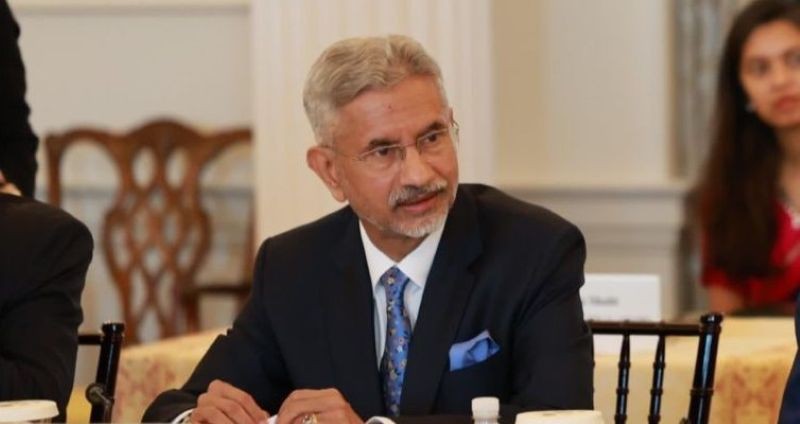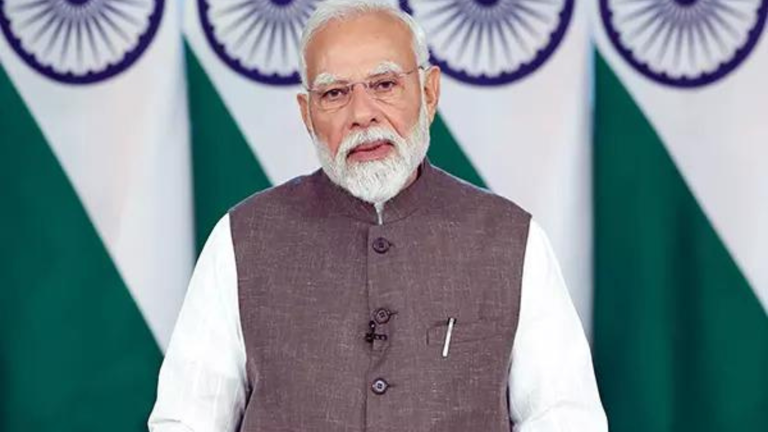From Kashmir to Quad: How Terrorism Became a Geopolitical Flashpoint
In a landmark diplomatic development, the Quadrilateral Security Dialogue (Quad) — comprising India, the United States, Australia, and Japan — has unequivocally condemned the Pahalgam terror attack that shook Jammu & Kashmir earlier this year. The joint statement issued during their foreign ministers’ meeting in Washington marks a significant shift in how international powers are aligning more closely with India’s security concerns. By emphasizing the urgency to bring perpetrators and financiers to justice, the Quad not only displayed solidarity with India but also subtly pushed back against the broader scourge of cross-border terrorism — often associated with Pakistan-based groups.
This article explores the origins and context of the Quad’s stance, the deeper meaning behind their statement, and the broader implications for India’s strategic and diplomatic narrative moving forward.
Quad Validates Operation Sindoor, Pahalgam Becomes Diplomatic Tipping Point
The April 22 Pahalgam terror attack was one of the deadliest in recent years. At least 26 people were killed, including one Nepali tourist, while over 30 others were severely injured. The attack targeted a civilian bus, allegedly by Pakistani-backed militants using an improvised explosive device (IED) followed by gunfire.
The brutal nature of the attack and the fact that it took place in a tourism-heavy area made it not just a security incident but a diplomatic flashpoint. India’s response — Operation Sindoor, a covert cross-border strike on terror infrastructure — drew mixed reactions globally. However, Quad’s latest joint statement has offered a strong validation of India’s counter-terrorism efforts without naming Pakistan explicitly.
Jaishankar Holds Line: Operation Sindoor Gets Subtle Diplomatic Backing
During their recent ministerial meeting, Quad nations described the Pahalgam attack as “reprehensible” and called for the “perpetrators, organizers, and financiers” to be “brought to justice without delay.” The choice of words was deliberate — sharp enough to express outrage, yet careful to avoid direct reference to Pakistan.
India’s External Affairs Minister S. Jaishankar stressed that victims and perpetrators must never be equated and made it clear that India will exercise its right to self-defense. This was an indirect reaffirmation of Operation Sindoor’s legitimacy and a rebuke to critics who called for restraint.
#WATCH | Quad Foreign Ministers' meeting | In Washington, DC, EAM Dr S Jaishankar says, "A word about terrorism in the light of our recent experience. The world must display zero tolerance. Victims and perpetrators must never be equated. India has every right to defend its people… pic.twitter.com/JXqDSCDT5J
— ANI (@ANI) July 1, 2025
Interestingly, this firm posture by Quad comes at a time when multilateral organizations like the Shanghai Cooperation Organisation (SCO) have failed to mention such attacks in joint declarations. India even refused to endorse the SCO’s joint statement over this omission, demonstrating that global groupings cannot ignore India’s security priorities.
From Symbolism to Strategy: Why Quad’s Backing Changes Everything
The Quad’s condemnation is not just symbolic — it strengthens India’s diplomatic muscle in countering cross-border terrorism. Here’s why:
- International Endorsement: It sends a strong message to the international community that India’s concerns are not isolated or regional — they are shared by major global powers.
- Pressure on Pakistan: Though not named, the message is loud and clear. The indirect language gives room for diplomacy but increases pressure on Pakistan to curb terror outfits operating on its soil.
- Soft Power Meets Hard Power: India is using both strategic strikes and soft diplomatic alignments to tackle terrorism — this dual approach is gaining traction.
Moreover, the fact that the Quad includes the US, Japan, and Australia — all key players in the Indo-Pacific and global security forums — lends serious weight to the anti-terrorism narrative championed by India.
The Pahalgam terror attack was a grim reminder of the continuing threat posed by terrorism in the subcontinent. But the global response, particularly from Quad nations, underscores a shift in how such threats are now perceived — not just as regional issues but as global security concerns.
With Jaishankar leading a bold diplomatic front and India unafraid to walk away from toothless multilateral statements, the message is clear: terrorism will not be tolerated, and global powers are now more willing to say it out loud — even if not directly pointing fingers.
This moment is not just about condemnation — it’s a pivotal validation of India’s growing role as a regional security leader and a global diplomatic force.





















